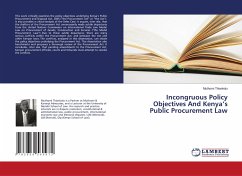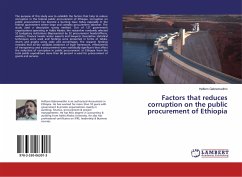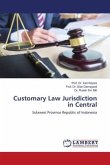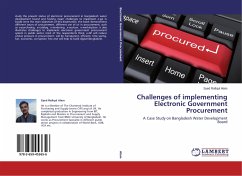This work critically examines the policy objectives underlying Kenya's Public Procurement and Disposal Act, 2005 ("the Procurement Act" or "the Act"). It also provides a critical analysis of the Selex Case. It argues, inter alia, that the drafters of the Procurement Act unnecessarily made subtle departures from the United Nations Commission on International Trade Law Model Law on Procurement of Goods, Construction and Services ("the Model Procurement Law"). Due to those subtle departures, there are many serious conflicts within the Procurement Act, and between the Act and other Kenyan laws. The conflicts, analyzed in this dissertation, can vitiate the policy objectives underlying the Procurement Act. This dissertation also benchmarks and proposes a thorough review of the Procurement Act. It concludes, inter alia, that pending amendments to the Procurement Act, Kenyan procurement officials, courts and tribunals must attempt to resolve the conflicts.
Bitte wählen Sie Ihr Anliegen aus.
Rechnungen
Retourenschein anfordern
Bestellstatus
Storno








